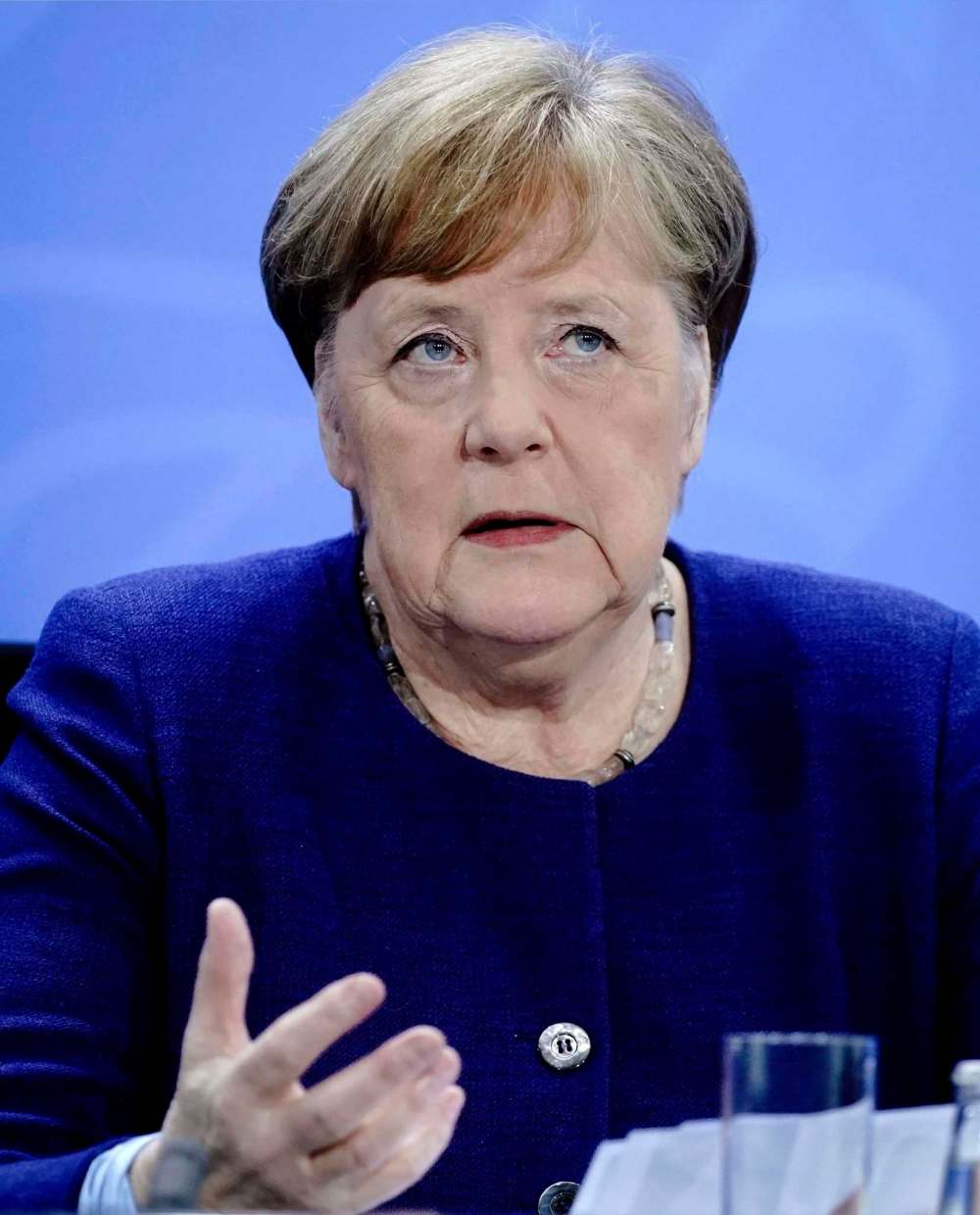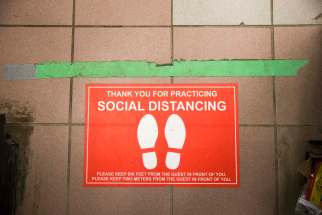Flare-ups remind pandemic is far from over
Read this article for free:
or
Already have an account? Log in here »
To continue reading, please subscribe:
Monthly Digital Subscription
$0 for the first 4 weeks*
- Enjoy unlimited reading on winnipegfreepress.com
- Read the E-Edition, our digital replica newspaper
- Access News Break, our award-winning app
- Play interactive puzzles
*No charge for 4 weeks then price increases to the regular rate of $19.95 plus GST every four weeks. Offer available to new and qualified returning subscribers only. Cancel any time.
Monthly Digital Subscription
$4.99/week*
- Enjoy unlimited reading on winnipegfreepress.com
- Read the E-Edition, our digital replica newspaper
- Access News Break, our award-winning app
- Play interactive puzzles
*Billed as $19.95 plus GST every four weeks. Cancel any time.
To continue reading, please subscribe:
Add Free Press access to your Brandon Sun subscription for only an additional
$1 for the first 4 weeks*
*Your next subscription payment will increase by $1.00 and you will be charged $16.99 plus GST for four weeks. After four weeks, your payment will increase to $23.99 plus GST every four weeks.
Read unlimited articles for free today:
or
Already have an account? Log in here »
Hey there, time traveller!
This article was published 14/05/2020 (2070 days ago), so information in it may no longer be current.
“It’s not over until it’s over,” South Korea’s president Moon Jae-in said over the weekend, warning of a potential second wave of COVID-19 hitting his country.
The South Korean president invoked his version of baseball legend Yogi Berra’s famous quote after 34 new cases of the disease were reported Sunday. It was the highest single-day count in a month in a country praised for its quick action earlier this year to contain the spread of the virus.
Of the 34 cases, 26 were transmitted locally and traced to several night clubs in Seoul.

Fears of a second wave of COVID-19 are also growing in Germany, another country lauded for its quick action to contain the virus early in the pandemic.
The virus reproduction rate in Germany climbed to 1.13 over the weekend (it had fallen below 1, a so-called RO that suggests the number of cases is shrinking) just as the country was getting set to reopen parts of its economy.
German Chancellor Angela Merkel warned that lockdown measures could be reinstated if the new number of cases exceeds 50 per 100,000 people.
Meanwhile, China reported 14 new cases Saturday, the highest number there since April 28. It was the first time in five weeks the city of Wuhan, where the outbreak was first detected in December, reported new cases.
The case numbers in all three countries are small. They should not be cause for alarm; some level of resurgence is expected when economies begin to reopen. But it is a reminder of how closely the spread of the virus must be monitored to prevent even larger outbreaks.
When a cluster does emerge, even a small one (such as the outbreak at a trucking company in Brandon last week), public-health officials must act quickly to trace close contacts and ensure self-isolation measures are taken.
Outbreaks such as the ones in northern Saskatchewan, particularly around the small town of La Loche, are more problematic. Health officials there continue to struggle to contain the virus, which has spread to multiple communities.
Manitoba has been relatively successful at limiting the spread of COVID-19, partly through luck, but also because of early steps taken to shutter schools, daycares and businesses. The public has largely co-operated with the province’s physical-distancing rules and has shown patience as the economy reopens slowly and cautiously.
As a result, few new cases have been reported across the province in recent weeks. The proportion of those tested who are infected with the disease has fallen below one per cent (compared with a national average of about six per cent).
But that could change. Sudden outbreaks like the ones in Germany, South Korea and China are a reminder that the novel coronavirus can re-emerge after weeks of dormancy. It is a mysterious virus that appears capable of lingering for prolonged periods.
As Manitoba reopens its economy, it must be prepared to hit the “emergency brake,” as they may have to do in Germany, if there is a sudden outbreak of cases. A balance must be found between reopening the economy and limiting the spread of the virus.
Life will not likely return to normal until a safe, effective vaccine is found and distributed worldwide. Until then, Manitobans must remember that when it comes to this pandemic, it ain’t over till it’s over.






